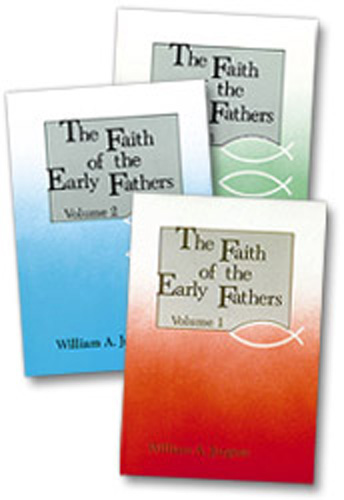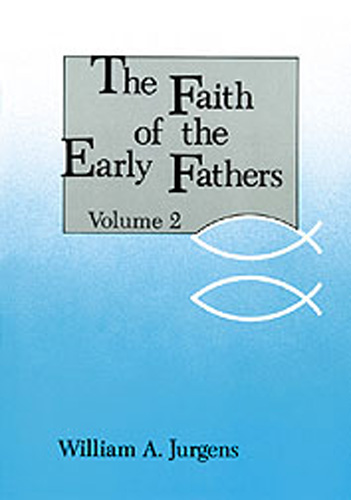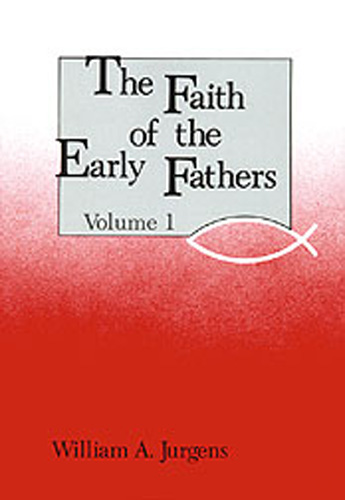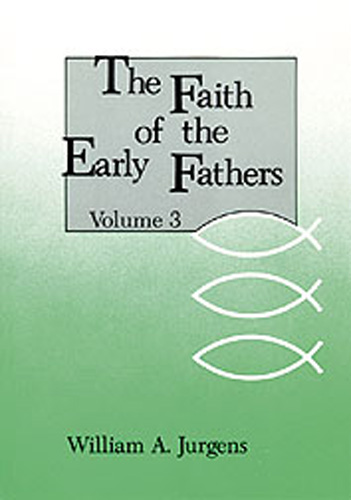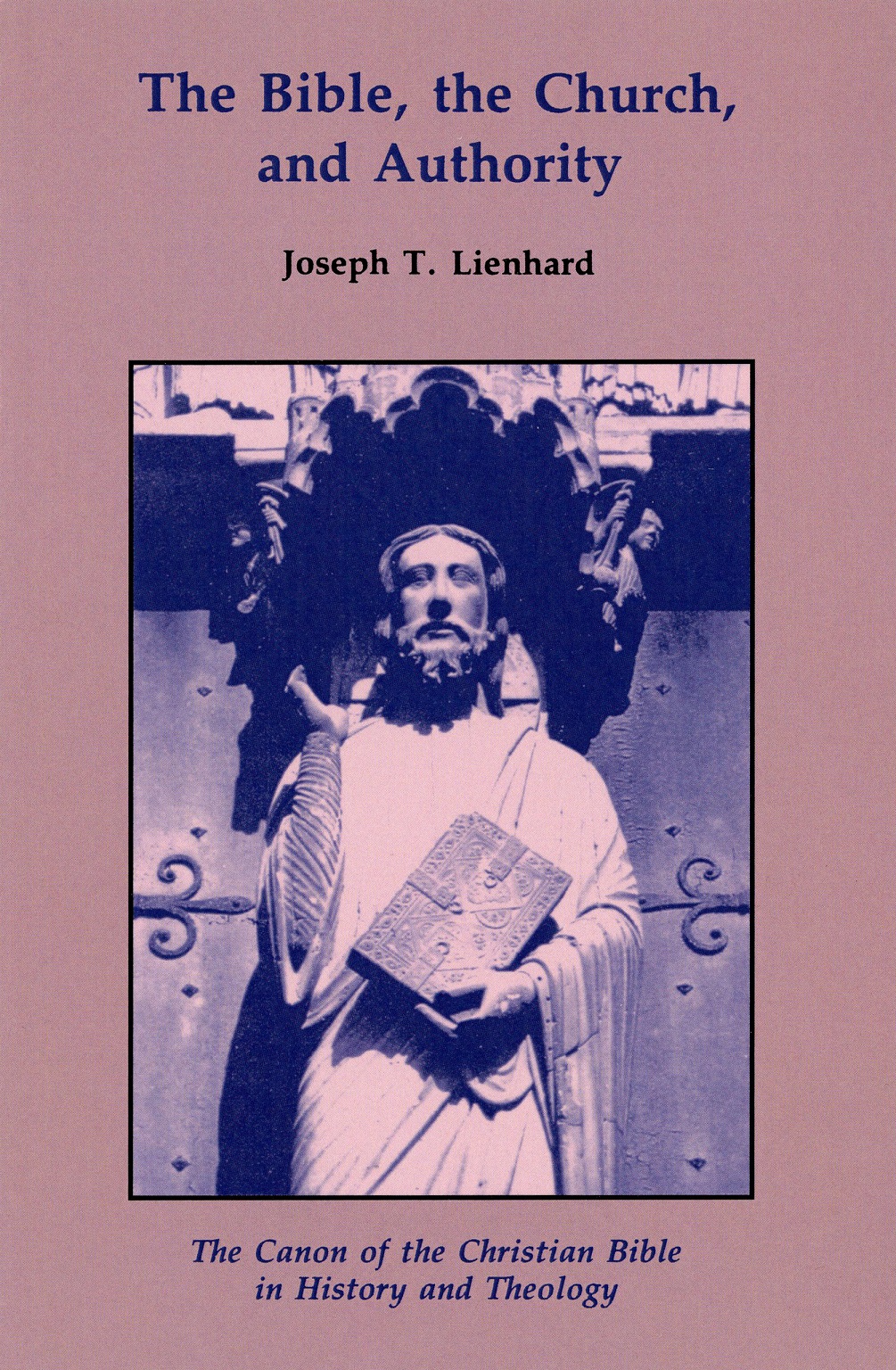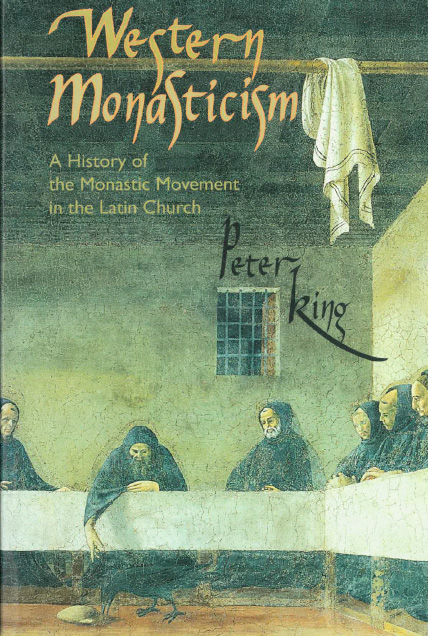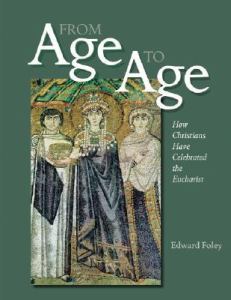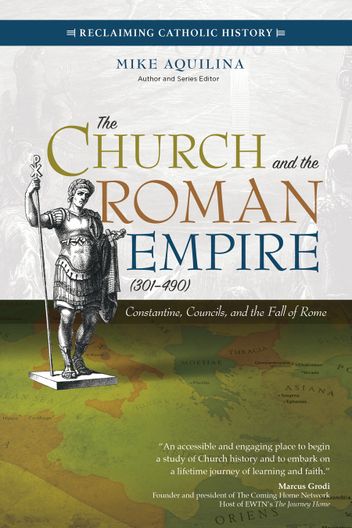Canonized by Pope Francis in October 2019, Saint John Henry Newman (1801–90) was one of the most controversial and influential thinkers of his day. He is now recognized as one of the finest prose stylists of modern times, as well as a popular poet and hymn-writer. His spiritual autobiography, Apologia Pro Vita Sua, is a modern classic, and his many theological writings continue to be widely read and highly regarded by Christians of all traditions.
Part One: The History (What do we know?)
This brief historical introduction to Newman explores the social, political and religious factors that formed the original context of his life and writings, and considers how those factors affected the way he was initially received.
What was his impact on the world at the time and what were the key ideas and values connected with him?
Part Two: The Legacy (Why does it matter?)
This second part explores the intellectual and cultural ‘afterlife’ of Newman, and considers the ways in which his impact has lasted and been developed in different contexts by later generations.
Why is he still considered important today? In what ways is his legacy contested or resisted? And what aspects of his legacy are likely to continue to influence the world in the future?
As Eamon Duffy brilliantly demonstrates in this fresh assessment of Newman’s life and achievement, other theologians of his time are now largely of historical interest whereas Newman is still very much our contemporary.

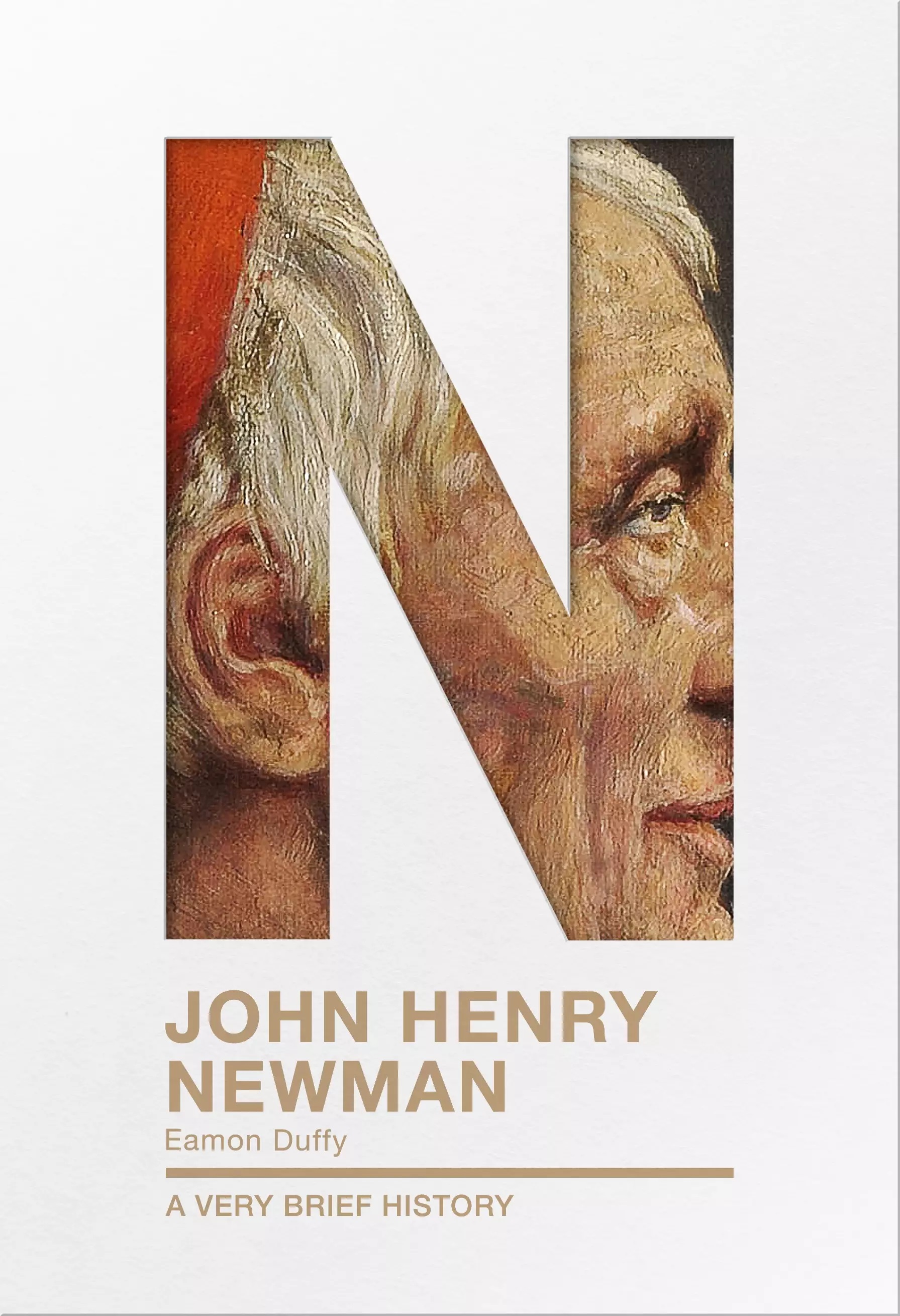
 Back
Back
